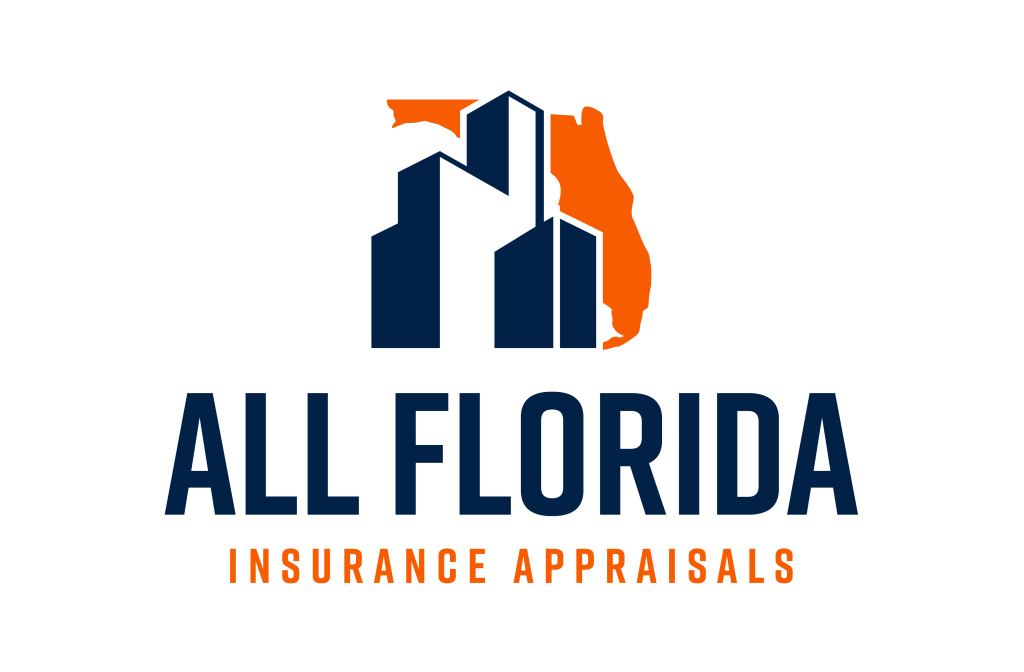Understanding the ins and outs of insurance valuations can make a major difference when disaster strikes. One of the most important types of valuations for commercial property owners to understand is the RCV appraisal, short for Replacement Cost Value appraisal. In Florida, where weather-related claims are common, having a clear grasp of how RCV appraisals work—and how they affect your insurance coverage—can help protect your investment and avoid financial surprises.
What Is an RCV Appraisal?
An RCV appraisal estimates the cost to replace a damaged or destroyed structure with a new one of similar kind and quality, at current construction costs, without considering depreciation. This is different from other valuation methods like Actual Cash Value (ACV), which subtracts depreciation from the replacement cost.
RCV appraisals are often used in insurance appraisal services to determine how much it would cost to fully rebuild a property after a loss. These appraisals are essential when filing a claim, purchasing insurance coverage, or managing assets in a commercial real estate portfolio.
Why RCV Matters for Florida Property Owners
Florida is no stranger to hurricanes, floods, and other natural events that can cause significant damage. Insurance carriers often use RCV values to calculate the amount they will pay on a covered loss, especially in policies that cover the full cost to repair or replace structures.
Without an accurate building replacement cost valuation, you may find that your policy doesn’t provide enough coverage—leading to large out-of-pocket expenses or delays in recovery. RCV appraisals ensure that your insurance appraisal report reflects true construction costs based on:
- Current material and labor prices
- Regional building codes and permitting costs
- Type and quality of construction
- Specialized features (like elevators or custom finishes)
When Do You Need an RCV Appraisal?
There are several common scenarios in which Florida property owners may need an RCV appraisal:
- Renewing or purchasing commercial insurance
- Verifying adequate policy limits
- After a significant renovation or addition
- As part of a lender or mortgage requirement
- During disputes or claims settlements
If you’re searching for a Florida insurance appraiser or commercial insurance appraisers near me, make sure the provider offers RCV expertise. Not all appraisers understand the nuances of replacement cost calculations, which require deep familiarity with construction costs, zoning laws, and insurance policy language.
RCV vs. ACV: What’s the Difference?
Understanding the distinction between RCV appraisals and ACV appraisals is crucial. While RCV reflects the full replacement cost, ACV (Actual Cash Value) considers depreciation. For example, if a roof has a 20-year lifespan and is 10 years old, the ACV would typically pay out 50% of the cost to replace it. RCV, on the other hand, would cover 100%—assuming your policy is written that way.
Many insurance policies start with an ACV payout, then reimburse the remaining RCV amount after proof of completed repairs. This makes it especially important to have clear, defensible RCV documentation from a qualified Florida insurance appraiser.
How RCV Appraisals Are Conducted
RCV appraisals take into account the specific characteristics of your property. This includes square footage, construction materials, architectural details, building systems (like HVAC and plumbing), and any unique elements. Appraisers may also use cost databases like RSMeans or Marshall & Swift to benchmark pricing against regional norms.
In Florida, where materials and labor costs can fluctuate widely—especially post-hurricane—having a recent and locally informed RCV valuation is essential. Whether you’re insuring a retail center, office complex, or condominium, a proper RCV appraisal ensures your commercial insurance appraisal is accurate and current.
Choosing the Right Appraiser
Not all appraisers are created equal. If you’re a business owner, property manager, or real estate investor, choosing an experienced commercial insurance appraiser who understands Florida building codes, local market pricing, and FEMA guidelines is key.
Look for professionals who offer:
- Specialized insurance appraisal services
- Experience with RCV appraisals
- Clear, detailed insurance appraisal reports
- Fast turnaround times and responsiveness
- Local market knowledge in your city or county
Whether you manage a single building or a portfolio of properties, regular appraisal updates help you stay covered and compliant.
Protect Your Property with the Right Appraisal Partner
For Florida property owners, getting an accurate RCV appraisal is not just a formality—it’s a vital step toward financial security and recovery after a loss. Knowing the true replacement value of your structure allows you to carry the right amount of coverage, streamline claims, and prevent costly shortfalls.
All Florida Insurance Appraisals is your trusted provider of commercial insurance appraisals, specializing in RCV valuations for buildings of all sizes and types across the state. With a team of experienced professionals and a deep understanding of Florida’s unique insurance landscape, we deliver reliable, code-compliant, and insurer-ready reports. Contact us today to schedule your RCV appraisal and secure your peace of mind.












